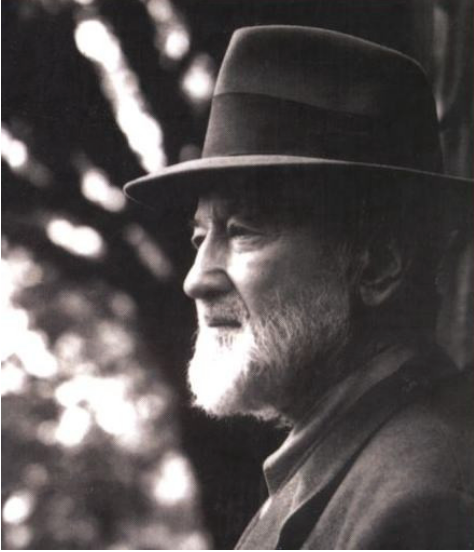By Daniel Hathaway
HAPPENING TODAY:

Across East Boulevard, but also at 7:30, JoAnn Falletta will guest conduct the CIM Orchestra, with Micah Kroeker, trombone, in Brian Raphael Nabors’ Upon Daybreak, Ferdinand David’s Concertino for Trombone, and Sergei Prokofiev’s Suite from Romeo and Juliet in Kulas Hall.
And across town at 8 at Convivium 33 Gallery, Cleveland Uncommon Sound Project will present Dutch composer, vocalist, poet and visual artist Jaap Blonk.
For details, visit our Concert Listings.
INTERESTING READS:
New York Times critic Zachary Woolfe sums up the character and career of the Emerson String Quartet on the eve of their final performances at Alice Tully Hall. Read “After 47 Years, the Emerson Quartet Has One More Weekend” here.
According to a 2023 report on racial, ethnic and gender diversity prepared by the League of American Orchestras, Black musicians account for just 2.4 percent of orchestra members in the United States.
But not at the Gateways Music Festival, which this week will celebrate the 30th anniversary of an initiative established in 1993 by Juilliard-trained pianist Armenta Hummings Dumisani. Seeking to increase the visibility of Black artists, Dumisani mounted a three-day symposium, “Gateways: Classical Music and the Black Musician.”
The festival, based since 1995 at the University of Rochester, returns to New York City this week, with plans underway to take it to more cities including Cleveland in the future. Read Steve Smith’s article, “Camaraderie and Visibility: A Festival for Black Classical Musicians” in the New York Times here.
TODAY’S ALMANAC:

An hour-long documentary by Anne-Kathrin Peitz, The Unanswered Ives: Portrait of a composer, Wall Street giant and pioneer of sound, is available on Medici-TV for premium users.
Listen to a performance of Ives’ First Violin Sonata by Stefan Jackiw and Jeremy Denk here, and of his Fourth Sonata by Jinjoo Cho and Shuai Wang here.
And watch a full-length concert of Ives’ hymns, songs, and violin sonatas at the 2014 Ojai Festival, performed by pianist Jeremy Denk, violinist Jennifer Frautschi, and the male vocal ensemble Hudson Shad.
Ives’ orchestral experiments are especially interesting. Click here to watch The Way Things Work, a short lecture by Detroit Symphony Conductor Leonard Slatkin on Ives’ Fourth Symphony, and here to listen to Pierre Boulez lead The Cleveland Orchestra in Three Places in New England in 1970.
And experience one of Ives’ experiments in bitonality: his setting of Psalm 67 in which the upper voices sing in the key of g minor, and the lower in the key of C Major. San Francisco Choral Artists perform at St. Luke’s Church.
Finally, one of Ives’ most amusing pieces is his Variations on ‘America’ for organ, written when he was only 16. Oberlin graduate Joseph Ripka plays it here on the Visser & Associates organ at All Saints Episcopal Church in Phoenix. E. Power Biggs is rumored to have once performed it on a patriotic program at Princeton. The organizers were not amused.



